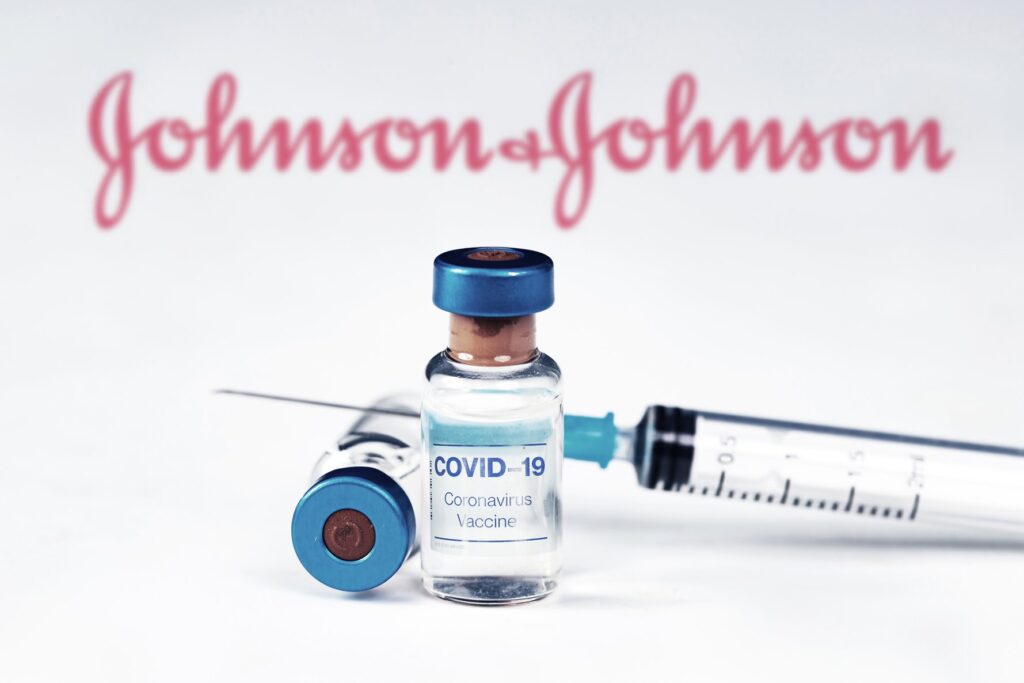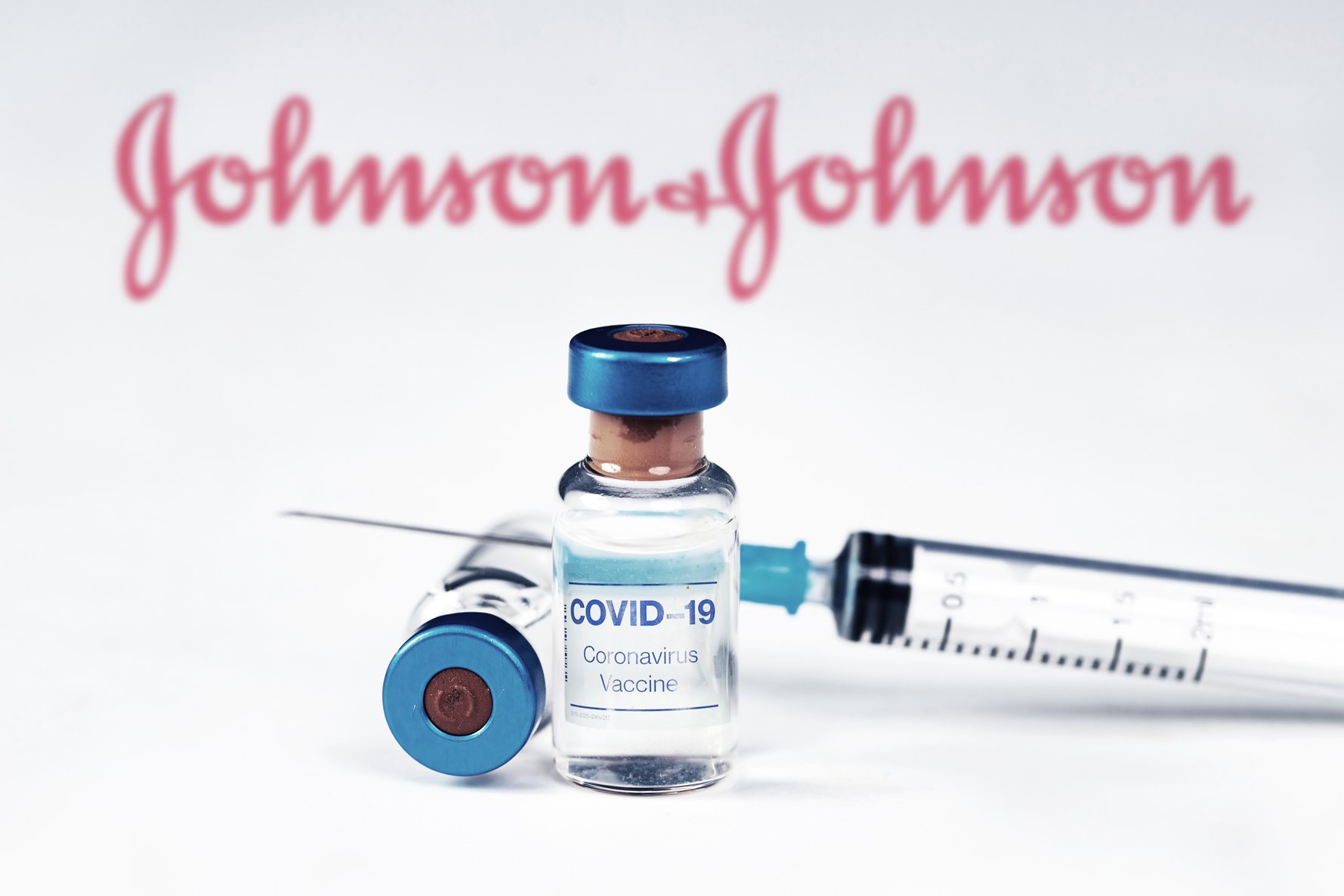
Positive new data for Johnson & Johnson single-shot COVID-19 vaccine on activity against Delta variant and long-lasting durability of response

Johnson & Johnson announced data that demonstrated its single-shot COVID-19 vaccine generated strong, persistent activity against the rapidly spreading Delta variant and other highly prevalent SARS-CoV-2 viral variants. In addition, the data showed that the durability of the immune response lasted through at least eight months, the length of time evaluated to date.
The two preprint study summaries have been submitted to bioRxiv.”Current data for the eight months studied so far show that the single-shot Johnson & Johnson COVID-19 vaccine generates a strong neutralizing antibody response that does not wane; rather, we observe an improvement over time. In addition, we observe a persistent and particularly robust, durable cellular immune response,” said Mathai Mammen, M.D., Ph.D., Global Head, Janssen Research & Development, Johnson & Johnson. “With each new dataset, we build on our solid foundation of evidence that our single-shot COVID-19 vaccine plays a critical role in ending the pandemic, which continues to evolve and pose new challenges to global health.”
A preprint submitted by the Company to bioRxiv contains a new analysis from blood samples obtained from a subset of participants (n=8) in the Phase III ENSEMBLE study. These data showed that the Johnson & Johnson single-shot COVID-19 vaccine elicited neutralizing antibody activity against the Delta variant at an even higher level than what was recently observed for the Beta (B.1.351) variant in South Africa where high efficacy against severe/critical disease was demonstrated.
In the ENSEMBLE trial, Johnson & Johnson’s single-dose COVID-19 vaccine was 85 percent effective against severe/critical disease and demonstrated protection against hospitalization and death. The vaccine was consistently effective across all regions studied globally, including in South Africa and Brazil, where there was a high prevalence of rapidly emerging Beta and Zeta (P.2) variants during the study period.